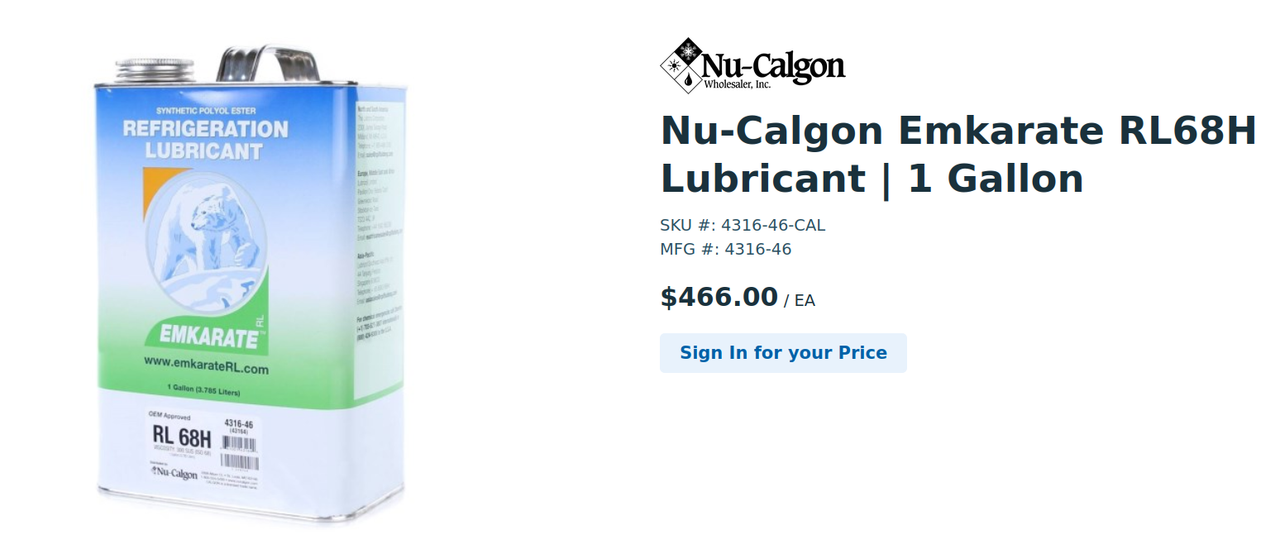
Originally Posted by
hills

The modern hot air furnaces i've seen are pretty reliable. We had one in a large municipal garage i was working out of years back. Memory is a bit vague but i think the main issue to work around was that the used motor oil was thicker than conventional #2 fuel oil. There weren't any air compressors involved but there might have been a pre-heater to thin the oil out before sending it to the burner.
Another thing that's changed over the years is that the fuel pumps on the burner these days run at much higher pressures. That atomizes the fuel better as it's forced through the nozzle. That gives you a cleaner burn and there's less chance of the furnace sooting up on you.
The other difference is the igniters. Just like a spark plug .... it's electronic ignition nowadays. It's a more reliable system than the earlier transformers from back in the day.
There's a transfer pump at the fuel tank set at 30 psi that supply's oil to a preheater at the burner, ignition was electronic, the issue with waste oil is sludge and foreign liquids ie: ant-freeze and water.
The filter is wire mesh, reusable, I used to chuck the filter onto the metal lathe and give if a quick spin to extradite the crude - a 20 litre bucket over the filter kept the crude off the shop wall.
Waste oil should be processed through a centrifuge to remove moisture and sludge to prevent the issues mentioned above.
Shops use hot air waste oil heaters these are less expensive to purchase, I choose the boiler. In the shop heat was provided using an old cast iron heat exchanger that was five feet long and sat right against the wall. Then another heat exchanger was installed inside the plenum on our forced air furnace in the house..
If the boiler failed to fire up the forced air furnace in the house would simply fall over to its alternative fuel source.
The hot air waste oil furnaces about the time the thermostat is calling for heat you already begin to feel the chill, whereas the boiler has a vast storage of hot water for a supply constant heat.
The shop I built in British Colombia I used a natural gas fired hot water boiler with a heated floor.


















Bookmarks